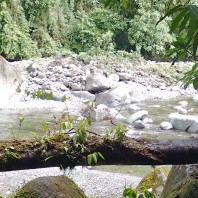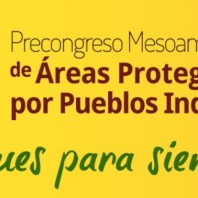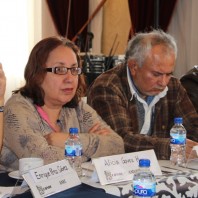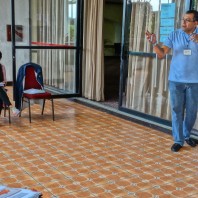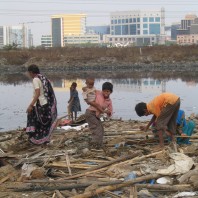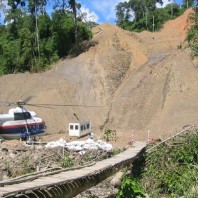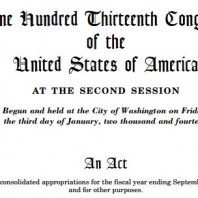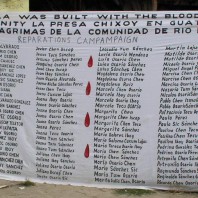The Bank Information Center, in collaboration with the Mesoamerican Alliance of Peoples and Forests and the Tropical Agricultural Research and Higher Education Center (CATIE), recently published a case study on indigenous peoples’ participation in REDD+ preparation in Costa Rica. The study, “Facilitating Indigenous Involvement in REDD+: Early Engagement and Consultation in Costa Rica,” presents both original research …
The Mesoamerican Pre-Congress of Areas Protected by Indigenous Peoples, an initiative by the Mesoamerican Alliance of People and Forests, will take place on March 17th and 18th in San Jose, Costa Rica. With the goal of assessing, valuing and projecting the contributions of indigenous peoples to conservation of protected areas in Mesoamerica, the Pre-Congress seeks …
As citizens of the Middle East and North Africa (MENA) region continue to fight for the gains they have accomplished through their uprisings, it remains clear that people in the region have found their voices and are demanding that they participate in the decisions that affect their lives. In response, and in order to remain …
Photo courtesy of CONOC In a press conference on February 3, 2014, Mexico’s Consejo Nacional de Organizaciones Campesinas (CONOC), a group representing rural farmer and peasant organizations, voiced concerns that forthcoming agricultural reform in Mexico will privatize the lands and territories held by indigenous and campesino communities, violating their rights in favor of the interests …
FOR IMMEDIATE RELEASE February 7, 2014 Civil society organizations (CSOs) from Egypt, Yemen, and Tunisia have submitted a document to their respective World Bank country offices with …
Photo by Frank Sullyvan Cardoza The World Bank’s Forest Carbon Partnership Facility (FCPF) held the fourth in a series of five regional workshops on “Social Inclusion in the Preparation of National REDD+ Strategies” on January 20th – 24th in Antigua, Guatemala. The workshop was attended by government, indigenous, and civil society representatives engaged in REDD+ …
The World Bank’s Mumbai Urban Transport Project (MUTP) is the subject of this case study prepared by BIC in partnership with Indian researcher, Simpreet Singh. The study looks into the impacts of MUTP on children in the surrounding communities that were displaced by the project. Singh’s research was also the subject of two articles recently …
Violating rights and threatening lives: The Camisea gas project and indigenous peoples in voluntary isolation Groundbreaking research reveals severe impacts of the Camisea gas project on isolated indigenous peoples in the Peruvian Amazon Forest Peoples Programme Oxford, UK, January 20, 2014 A Forest Peoples Programme report published today reveals the severe impacts of Peru’s biggest …
The recently passed omnibus spending package clearly supports the broad poverty alleviation goals of the international financial institutions (IFIs)—fully funding most of them despite making difficult cuts elsewhere in the budget—but makes clear that their work must be subjected to effective safeguards against harms to people and the environment. This message should be heard loud …
Chixoy Struggle for Reparations. Photo by International Rivers (CC BY-NC-SA 2.0). The Chixoy Hydroelectric Dam, a project financed by the World Bank and the Inter-American Development Bank (IDB) in the 1970s and ‘80s in Guatemala, led to the forcible displacement and deaths of thousands of people across the region. Despite a 2010 agreement to provide …

